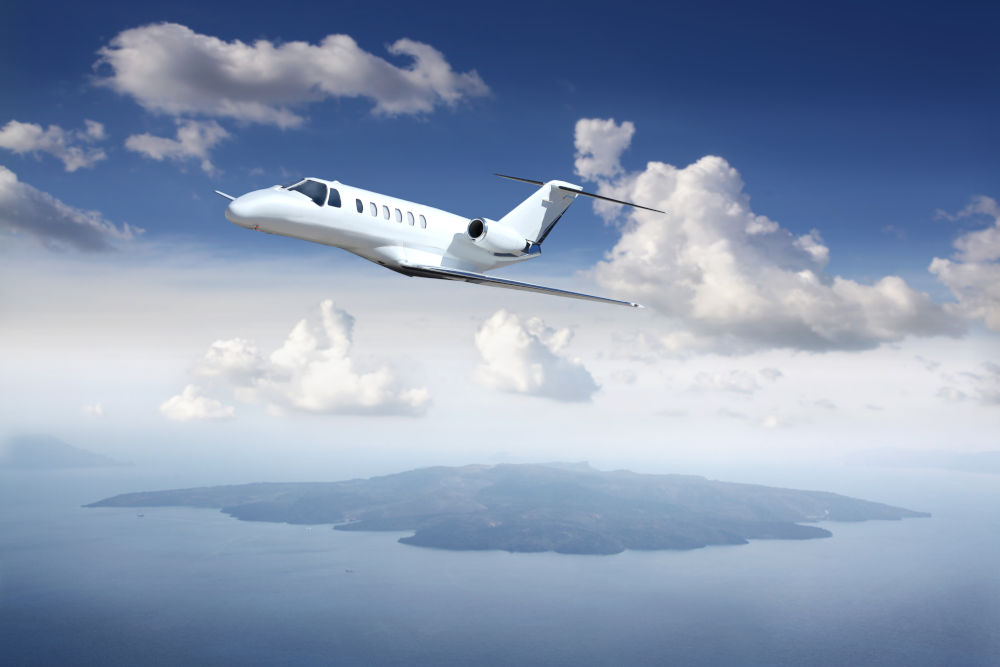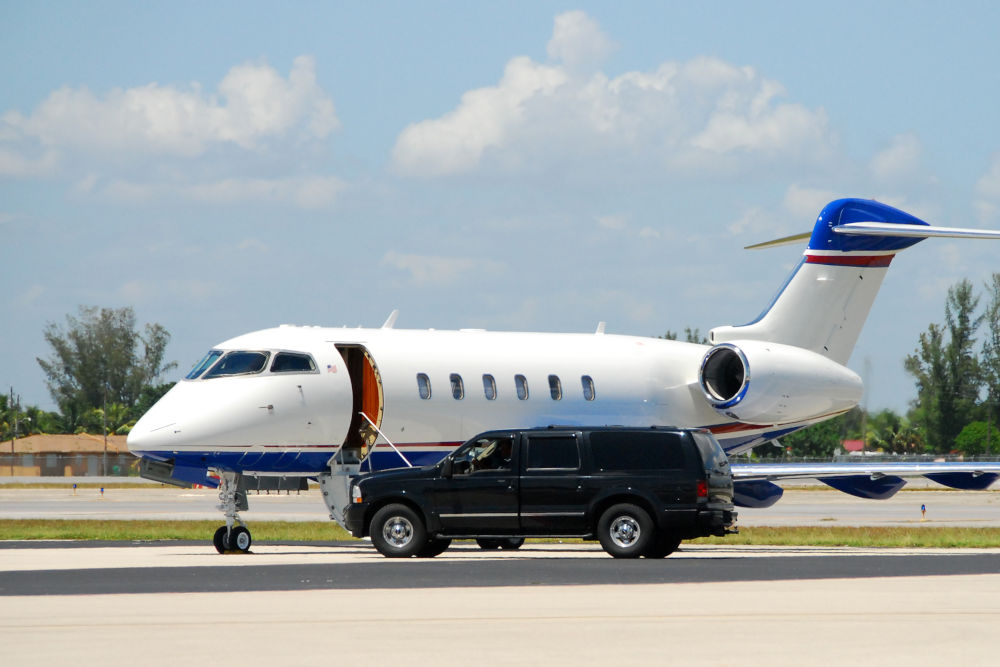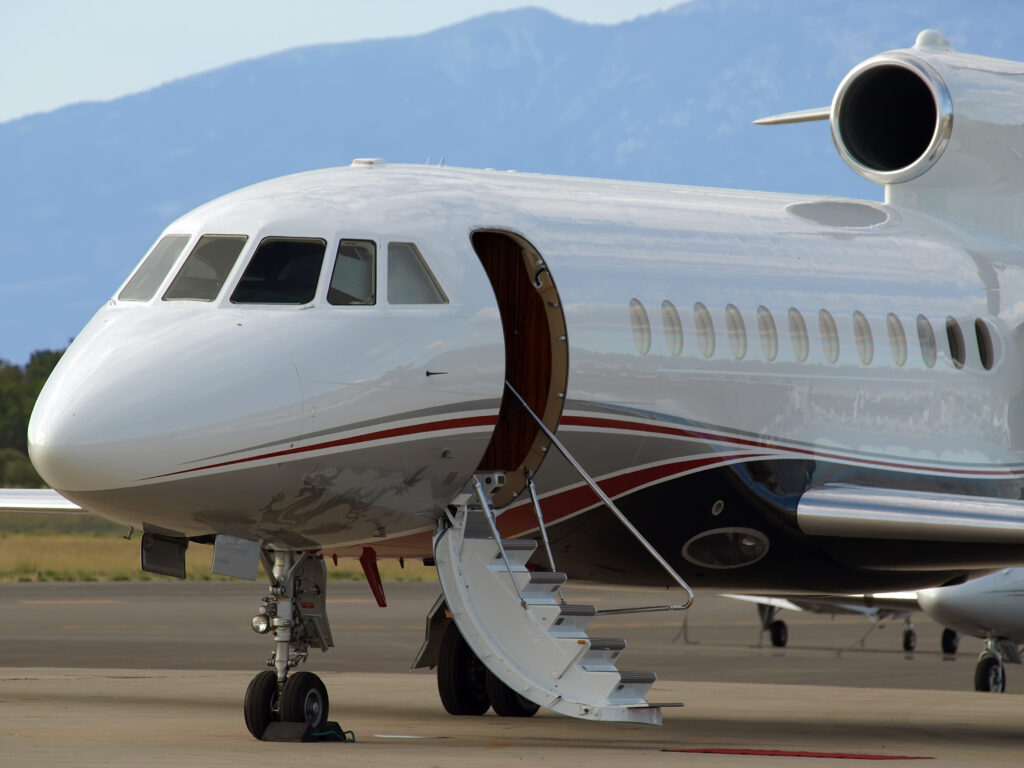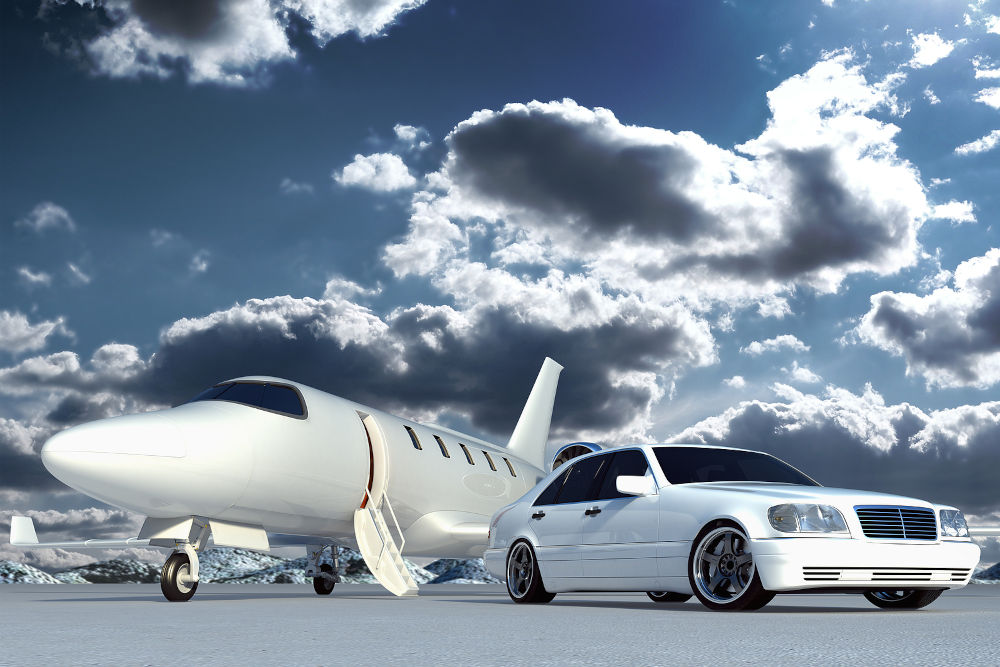2020 brought about the kind of changes to just about every area of our life that no-one could have predicted, and luxury travel has suffered an even greater impact than most after borders around the world were closed, flights were grounded and widespread travel bans were put into place that continue to disrupt our globe-trotting until today.
Towards the tail end of last year, most commercial airlines were still running at less than 50% capacity, with many ceasing operations entirely to avoid flying empty planes. Crippled by consecutive national and international lockdowns, as we wait for the UK government to reveal the next update to the nation’s traffic light travel system – which to date only permits quarantine journeys to and from a handful of little-known destinations – many are questioning when, and if, things will finally return to normal.
The private air travel sector, though, has experienced a surprising boom in recent months, with wealthy and high-net-worth individuals determined to return to their jet-setting ways – whether for business or for pleasure. After the year we’ve all had, there are likely few of us who wouldn’t jump at the chance of a luxury getaway in the sun, and for an affluent crowd who have no issues with quarantining on their return, private jet and helicopter services are officially taking off.

Despite the global vaccination rollout, many well-off travellers still have some qualms about more traditional air travel due to the close proximity to other passengers and a lack of effective social distancing measures in place – and splashing out on a private flight has given them peace of mind when getting from A to B.
Such has become the popularity of private air travel in recent months that the private flights sector has continued to operate at up to 90 percent of its normal capacity, leaving popular commercial airlines in the dust. Luxury operator VistaJet even reported a major spike in interest in its services of up to 49 percent, driven predominantly by a rising demand for summer holidays, sunshine breaks and a desire to simply enjoy life amongst the rich and famous. It’s a figure that is reflected in data published by Private Jet Card Comparisons, which indicates that almost a third (31 percent) of all US businesses plan on increasing their use of private business aviation as a result.
Whichever way you look at it, there is no denying that the performance of the private aviation sector throughout the pandemic has been stellar, and the boom, it seems, could be set to continue. The question being asked now though, is whether it can maintain its momentum, or if what goes up must inevitably come down.
A prosperous year ahead for private luxury travel

The short answer, as far as most industry watchers are concerned, is fairly straightforward. Considering the events of last year and the shifting priorities of many travellers, the private aviation boom is indeed here to stay. Or, at least, it is highly unlikely that it will taper off at any point in the near future.
Here, we take a look at the six factors that are expected to continue driving the popularity and prosperity of the sector, throughout 2021 and beyond.
1. Making up for lost time
Wealthy travellers are expected to spend much of the year (and the foreseeable future beyond) making up for lost time – which means an abundance of luxury holidays and getaways is likely on the cards. This will likely trigger a surge in demand for private executive air travel, as some of the world’s most popular destinations gradually lift restrictions and finally become accessible once again. The resumption of commercial connections is unlikely to impact the desire of those who can afford to fly privately to do just that, either – and once you get a taste for it, you’d be unlikely to want to go back.
2. Avoiding post-Brexit chaos
The UK’s departure from the European Union has not yet had time to bring about the kind of chaos we were warned of long before the referendum, being largely eclipsed by the global pandemic that followed shortly afterwards. Any disruptions to travel it might have caused have gone largely unnoticed due to the lack of international travel in general since – but extensive queues and widespread confusion at border crossings are expected to be the norm for some time once travel restrictions are lifted.
But it’s something that can be bypassed easily with executive air travel, and the separate and more exclusive terminals used by those who fly privately by helicopter or jet are likely to prove to be far more agreeable arrivals hubs than Europe’s major airports.
3. The complexities of Covid-19 screening

Brexit, of course, isn’t the only reason that the months ahead are likely to bring scenes of pandemonium in airports worldwide, as airlines and airport staff attempt to get to grips with the complexities of Covid-19 screening. Pre-departure checks are already predicted to increase screening time by as much as 500 percent until a suitable software-based system is introduced. But given the fact that the government never quite managed to get its own Test and Trace app off the ground, whether or not this will ever materialise is something that remains to be seen.
4. A case of common sense safety
Then there are the travellers who simply aren’t willing to take the risk of travelling for several hours in close quarters with other people. The threat posed by Covid-19 is expected to linger for some time, if not indefinitely, which means that most forms of commercial air travel will continue to carry a certain amount of risk – which can be eliminated only through the use of private air travel. Safety is likely to remain at the forefront of many travellers’ minds for countless years to come, and private air travel offers a safe haven that commercial travel simply can’t.
5. A better alternative to other means of transportation
In the current times, the option to utilise air transport that allows a greater level of flexibility in terms of flight times and destinations is a factor to be taken into account.
In first class when flying with commercial airlines, passengers can avoid being in close proximity to other travellers to some degree – however, they are still required to go through the usual steps of the airport departure and arrival processes at either end. Although the wait to embark is considerably shorter for first class flyers, there is no avoiding having to subject themselves to the risk of Covid-19.
On the other hand, passengers with higher financial status who opt to travel by private plane are able to ensure that the waiting time at the airport is eliminated and that they have a space to enjoy at their disposal alone. Nonetheless, it’s worth noting that private planes do still need to land at an airport to comply with aviation laws, so there are some procedures you won’t be able to avoid entirely.
The best alternative to other means of air transport – for shorter journeys, at least – has proven to be the helicopter, because helicopter flights can bypass airports for a smooth and seamless process. Helicopters can instead be landed on a commercial heliport or even a private heliport, so if you have the bank balance to install your own, then easy travel is guaranteed. There are several good helicopter options today, one example of which is the ground-breaking HX50 private helicopter from Hill Helicopters.
6. Old habits die hard

Last but not least, returning to commercial air travel after experiencing the joys of private aviation isn’t easy. It’s something you could probably accept if you absolutely had to, but is far from the preferred option, with many newcomers to the world of private travel now unlikely to go back to their old ways. The market is therefore likely to be propped up by those who have discovered a better way to travel and intend to stick with it – and who can blame them?
The post Private flyer market 2021: Will the private travel boom continue? first appeared on Luxury Lifestyle Magazine.